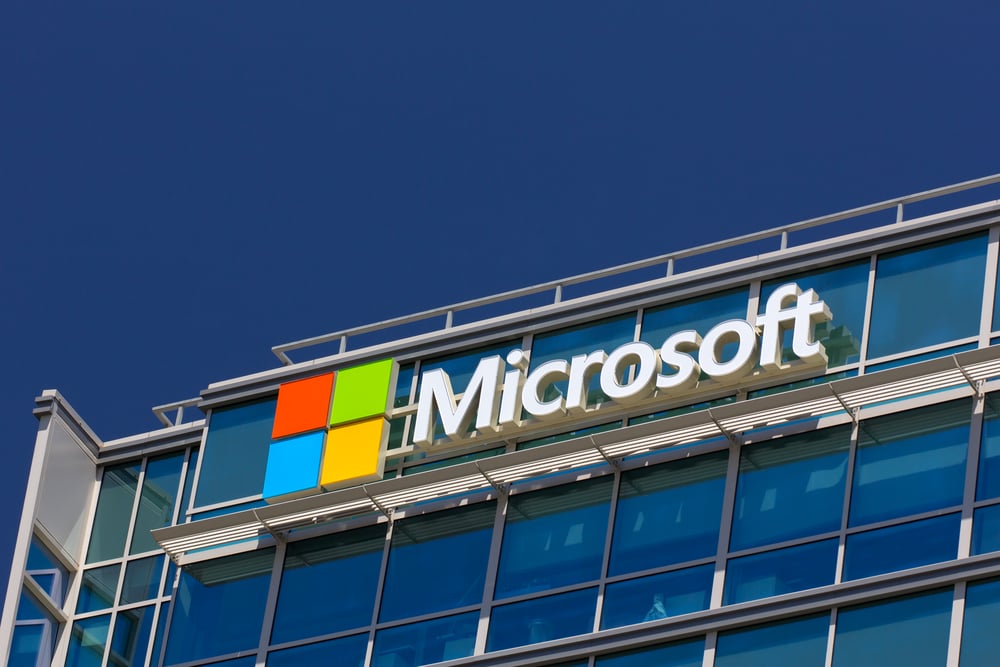
Imagine you’re at an important hospital appointment and you’re kept waiting because the scanner, which potentially cost £100K, needs a re-boot. And then you discover it’s driven by Windows XP which is no longer supported by Microsoft. That would be insane wouldn’t it?
Sadly not. It’s a true story and it’s probably just the tip of the iceberg across the NHS. Just how big a problem it is we don’t know because, as The Register discovered, the Department of Health doesn’t actually know the penetration of XP amongst its million PCs spread across GP surgeries, trusts, hospitals and other organisations. An estimate from healthcare specialists EHI Intelligence back in September 2013 put the penetration of NHS PCs running XP at 85%. Its survey suggests that NHS managers were keeping their fingers crossed that either Microsoft would change its mind or some sort of deal would be done. Fortunately for them, the government was able to finalise a deal with Microsoft for its public sector users – but only for a year, only for security updates for XP, Office 2003 and Exchange 2003 and at a cost of around £5.5m. As people are wont to ask in such situations, how many nurses could that have paid for?
For many bodies such as the Metropolitan Police and HM Revenue and Customs, migrating away from XP will be completed by the end of the year. But it’s all a bit late and reeks of panic. The government’s central purchasing agency, the Crown Commercial Service, is putting on a brave face and claiming that its deal with Microsoft is saving the government £20m by centralising negotiations – but why has it had to happen in the first place?
“We see it as a serious case of hiding behind the sofa and hoping it will all go away,” says Rich. “Windows XP was born 13 years ago – that makes it venerable in technology terms. It can’t last forever.”
Microsoft has been flagging up the end of life for years and offering assistance in moving on. Yet it seems to have come as a surprise to many that’s it’s been true to its word. “Either they thought that the sheer numbers of XP users still out there would be persuasive in getting XP’s life extended or it’s an example of poor management”, says Rich Talbot, Trainer at Best STL. The NHS story suggests the latter. “We can’t even sigh and say that this is what happens in large public bodies, because organisations in every commercial space from small to large have missed the deadline too,” adds Rich.
Best STL hears grumbles about the greedy face of business forcing businesses to spend money when they can least afford it. Is Microsoft being fair in withdrawing support? Let’s look at its arguments.
- Security issues leading to compliance risks. Security is definitely one of the biggest issues facing organisations today and Microsoft claims that an ageing OS can’t be protected sufficiently well. If that’s true, it’s important. And if organisations continue to use an operating system without updating security they will suffer. It’s quite likely that there’s a huge amount of malware silently sitting on XP systems today waiting to be initiated by attackers to steal data and devastate businesses. Even if the worst doesn’t happen, failing to comply with ever-tightening financial regulations is asking for huge financial penalties and loss of face.
- Lack of ISV and hardware manufacturers’ support. Microsoft quotes Gartner research on its web site, arguing that a growing number of ISVs won’t support XP with new versions of their software and that manufacturers won’t support XP on their new PCs. On the other hand, one of the reasons that organisations may be holding back from upgrading is that they don’t know if their current legacy applications will work on Windows 7 or 8 or Linux or something else. Where there are specialised applications like the driver for that scanner, this could well be true – but, as Rich says, it’s time that someone found out.
- Greater productivity with newer versions of Windows and Office. “Yes, it’s possibly true but it’s a very general claim and depends on your needs,” comments Rich. “We can all recognise this as marketing puffery.”
Is there an alternative argument that Microsoft is being harsh on government and businesses in times of economic difficulty? “We don’t think so,” says Rich. “The global financial crisis began over six years ago. How long can we keep claiming poverty? In any case, if the likes of Microsoft stopped driving for profitability, where would be the development that we all really need?”
So here’s the quandary. Microsoft is insisting that there will be no help beyond this final year for anyone. That’s hardly surprising and managers really need to avoid the temptation to sign up for the year and then promptly hide their heads again. So what’s the bottom line? Says Rich “If you’re running any applications on XP that are business-critical you need to take action now because lack of security and compliance are a real threat. If you’re driving important apps – such as that scanner – with XP then while security might not be your priority, lack of day-to-day support that puts the equipment out of action could be.”
Are you concerned about upgrading to a new version of Windows – we can help with migration and training for individuals and organisations – contact us for more information.